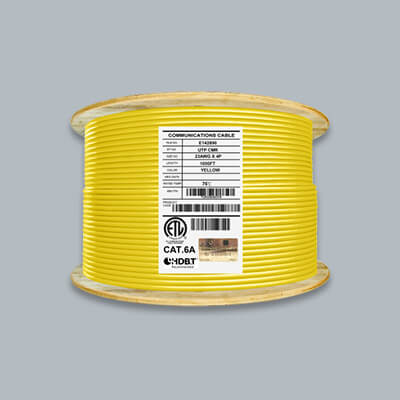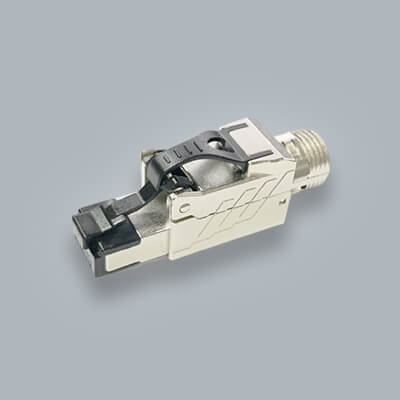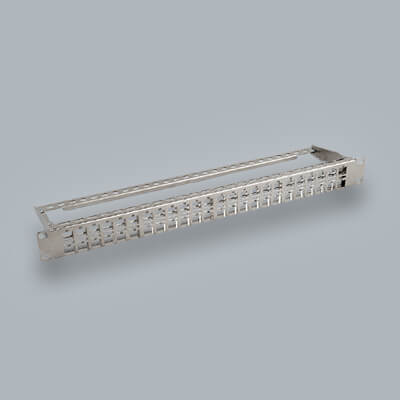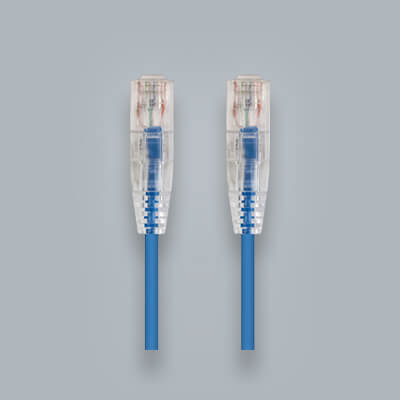Best Ethernet Cable for Home Network
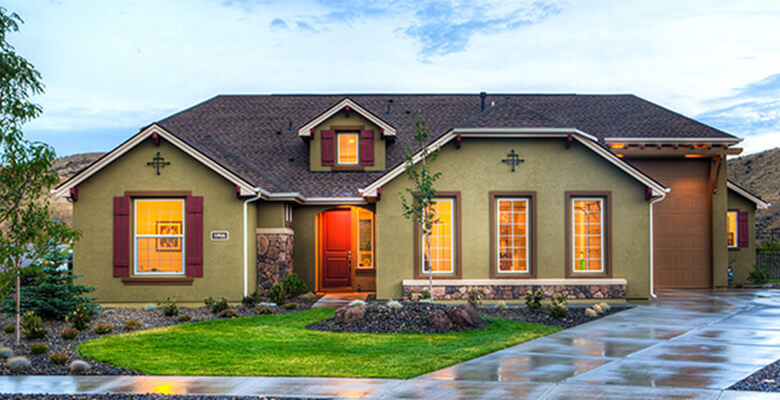
What Is An Ethernet Cable?
An Ethernet cable is a type of computer network cable used to connect devices within a local area network (LAN). Ethernet cables are commonly used to connect computers, printers, and other devices to each other and to the Internet.
Different types of ethernet cables are used for different purposes. Ethernet cables are suitable for home networking, for business networking, and for Microsoft Teams. And while they all may look the same on the outside, they each have different specs that make them better suited for their specific use. So, if you are looking to get the best Microsoft Teams experience possible, you will want to use an ethernet cable for computer streaming.
How Does It Work?
But how exactly does an ethernet cable work? How does it differ from other types of internet connection tools? Let us take a closer look.
An ethernet cable is designed to provide the best possible internet experience by reducing lag and providing a more stable connection. To do this, ethernet cables typically have a higher bandwidth than other internet connection types. They also often have a lower latency, which means that there is less of a delay between when you input a command and when it is executed on screen.
In addition to a higher bandwidth and lower latency, ethernet cables also often come with special features that other internet connections lack. For example, many ethernet cables are equipped with built-in surge protectors. This can help to prevent damage to your equipment if there is a sudden power surge. Some of the best ethernet cables also come with built-in filters. These filters can help to reduce interference from other devices that might be sharing the same network.
So, if you are looking to get the best experience online possible, be sure to use an ethernet cable. With a higher bandwidth and lower latency, you will be able to enjoy whatever you are trying to accomplish online with less lag and a more stable connection.
Speed Requirements for You Home
This ultimately comes down to a couple factors when choosing cable for you home. Your cabling choice will come down to your internet plan or mostly known as you ISP (Internet Service Plan). There is a lot of different internet packages from different companies but majority will range from 100 Mbps to 1000 Mbps (Gigabit).
You'll want to ask yourself what types of activities will you need to be doing while accessing the internet. How many users? What price fits my budget?
Most people want to browse the internet, answer emails, stream Netflix, Hulu or Disney. The good thing is most packages will offer speeds to do these activities.
The choice will then come down to how many users and how data intensive are all these task. We've included a link to a calculator to help you in your decision:
https://broadbandnow.com/bandwidth-calculator
Which Ethernet Cable is Best For Home Wiring?
The best ethernet for your home is the one that meets your requirements for home internet activities and produces enough speed for your ISP plan.
Now that you've got your internet service plan ready to go let's help you get sorted with the correct cabling to use. If you were ask this question broadly for the most part the answer you will get is Cat6.
Let's go a little deeper here though.
There really isn't one best answer for this question because we need to base it on your needs. Maybe Cat6 is good for most but in reality maybe you only need Cat5e. If your internet plan is 300 Mbps and that's the max you will need for many years to come then we can recommend a Cat5e cable.
If your ISP gives you the flexibility to upwards of 1 Gigabit speeds then we recommend to go with Cat6 cable.
Both Cat5e and Cat6 cable are rated for speeds up to 1 Gigabit (1000 Mbps). The difference comes in the frequency rating which Cat5e is 100 MHz and Cat6 is 250MHz. These numbers are set by TIA. You can learn more about Cat5e vs Cat6 here.
If your speed requirements are over 1 Gigabit and up to 10 Gigabit then we recommend Cat6A cables.
What Else To Consider When Choosing Your Home Wiring?
The main things you will want to consider is cost and what your plan is for the future. It might be easier said than done but if you can forecast what your speed requirements will be then this will help in your purchasing decision. Try to plan ahead when wiring your home so you don't have to be re-cabling any time soon. Most consumers like to go up 1 category from where they are at to be safe and future proof their networks.
There's also other things to consider such as does your cable need to be shielded or unshielded?
Does it need to be riser, plenum or outdoor rated?
We'll leave those types of questions for our other blogs and just focus specifically on the category of the cable.
To recap:
- Base your category of cable on your specific needs.
- Cat5e for up to 1000 Mbps
- Cat6 for up to 1000 Mbps
- Cat6A & Cat7A for over 10 Gb
- Cat8 for over 40 Gb
